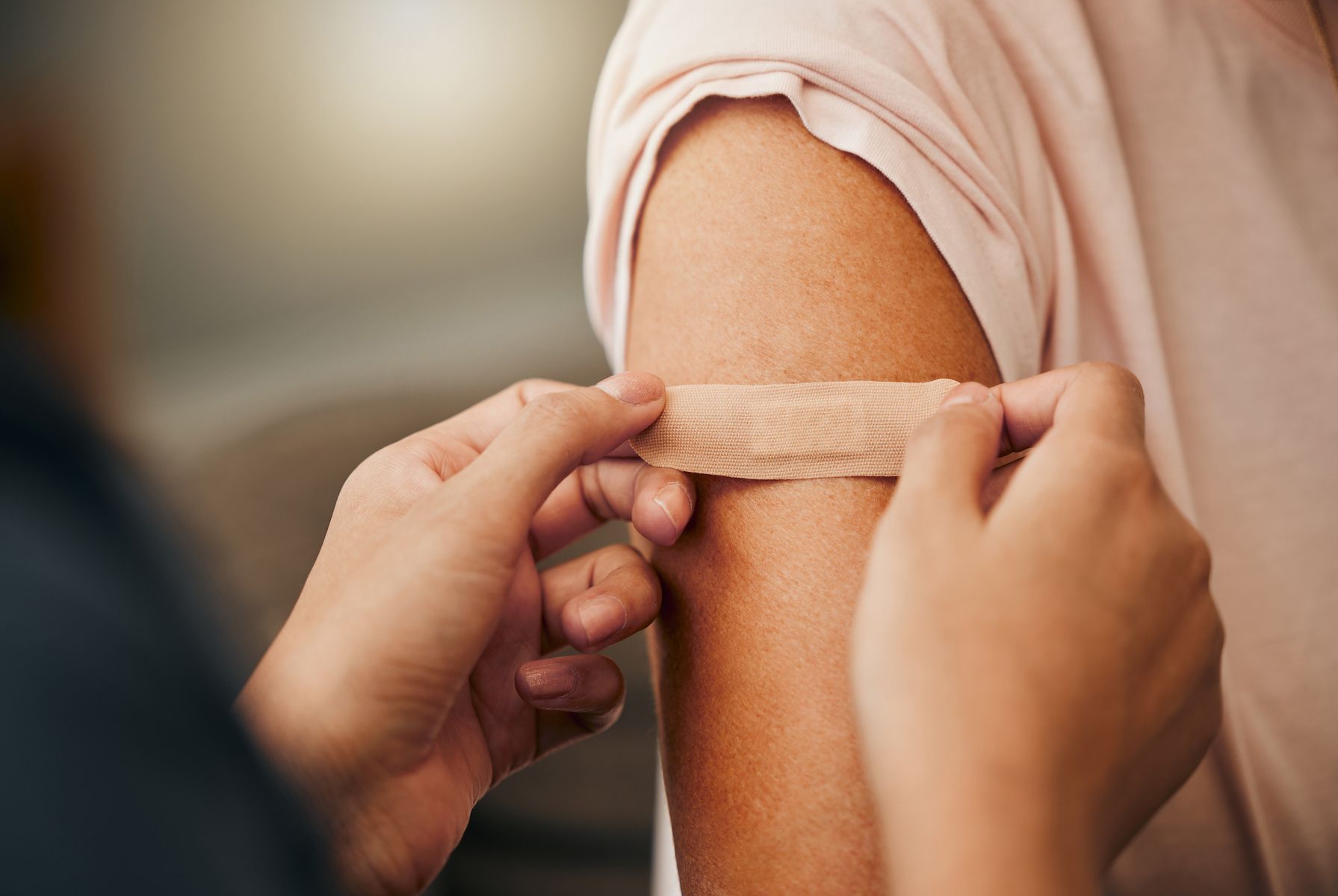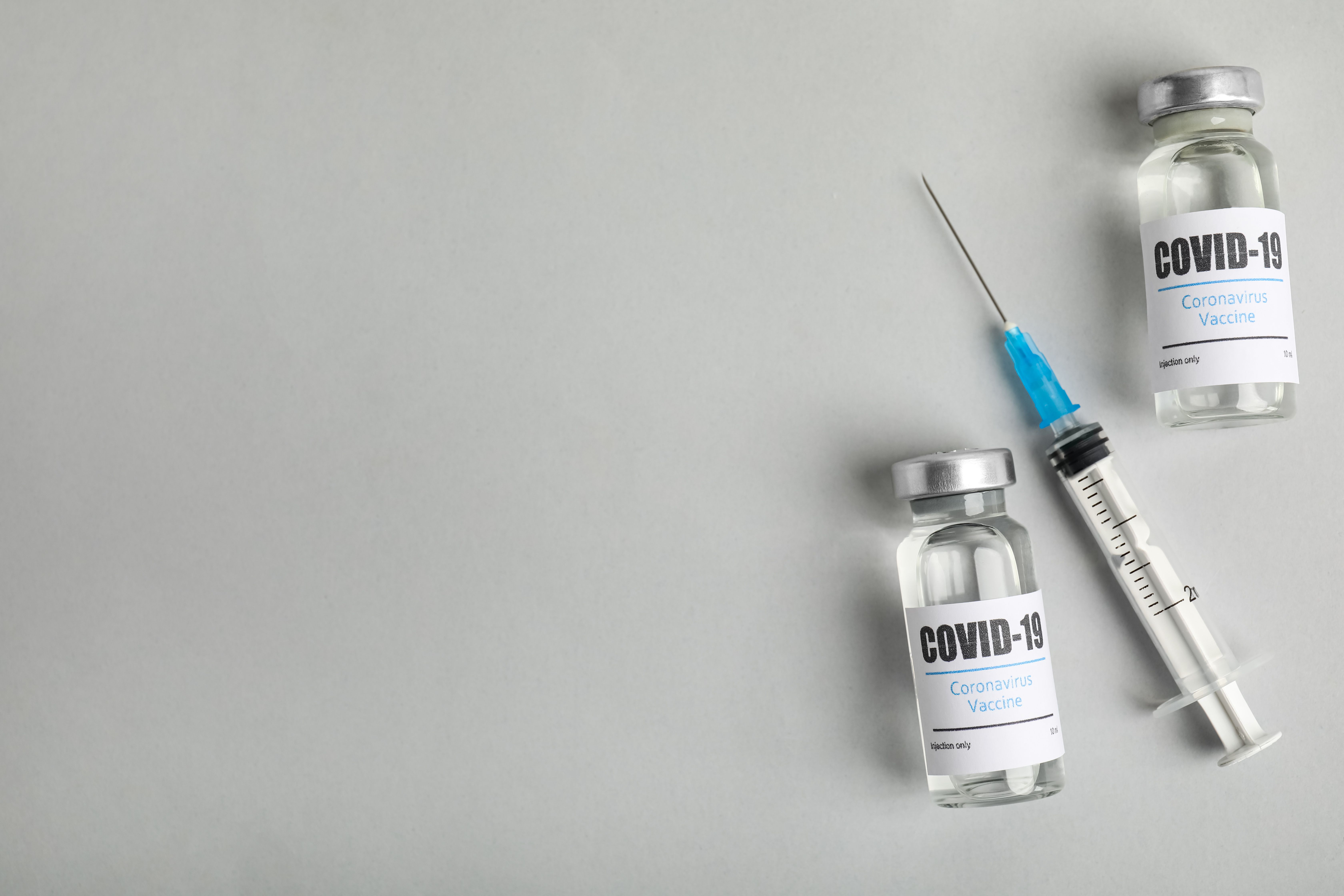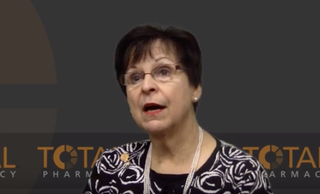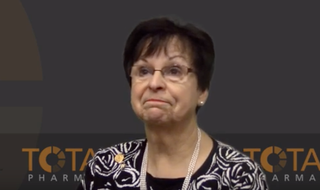
Immunization
Latest News
Latest Videos
CME Content
More News
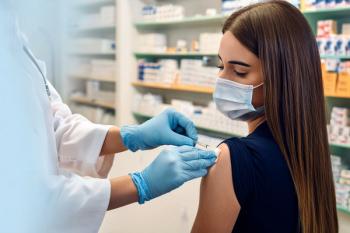
Researchers investigated the acceptability of community pharmacy-led influenza vaccination and patients’ willingness to return for future immunization.

Pharmacy staff members said that VaxCheck was compatible with pharmacy workflow but there were several barriers to its implementation.
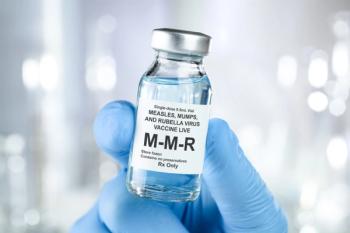
Measles is highly contagious, and the Texas Department of State Health Services said that additional cases are likely to occur in Gaines County, which had 57 cases as of February 21, 2025.

The vaccine is the first virus-like particle single-dose vaccine for chikungunya for patients 12 years and older.

The combination includes 2 previously approved vaccines to target the 5 major serogroups of Neisseria meningitidis.

In order to meet national targets, the United States should expand vaccination administration in complementary sites like pharmacies.
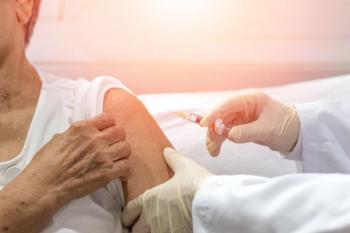
Among providers who took part in a recent study, 57% reported increased vaccination rates after implementing a quality improvement initiative.

Investigators note there were no safety signals related to the vaccine candidate, and participants who developed E. coli disease received treatment and care.

More detailed information can be found on the CDC’s website at www.cdc.gov/vaccines.
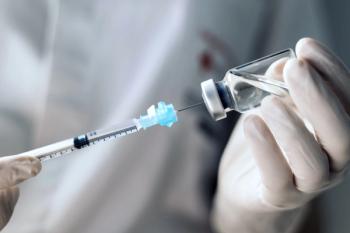
RBI-4000 is a self-replicating RNA (srRNA) vaccine developed to stimulate virus-neutralizing immune responses to rabies for prophylactic use.

In their exploration of 2 separate respiratory virus seasons, researchers examined the severity of illness for SARS-CoV-2, influenza, and respiratory syncytial virus.
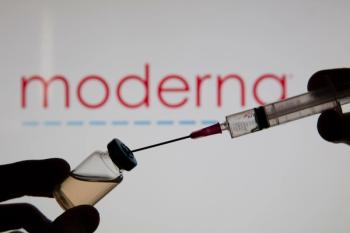
The US government is entrusting mRNA vaccine pioneers Moderna to develop protection for the gradually increasing threat of avian influenza.
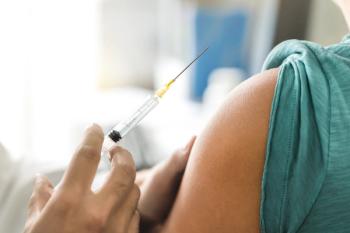
A poll conducted by the Global Healthy Living Foundation found 11% of respondents with chronic conditions do not plan to get vaccinated for flu, COVID-19 or RSV.

Researchers compared the safety and reactogenicity of simultaneous doses of recombinant zoster vaccine paired with 2 separate types of inactivated influenza vaccines.

These recommendations were voted on at the October 2024 Advisory Committee on Immunization Practices meeting.

Patients who receive either Pfizer or GSK’s respiratory syncytial virus vaccine may be at increased risk of Guillain-Barré syndrome.

Researchers compared simultaneous and sequential administration of the mRNA COVID-19 and inactivated influenza vaccines.

Researchers explored ideas of simplifying the vaccination process to yield higher rates of adult immunization, similar to that of the COVID-19 pandemic.

Researchers aimed to identify the barriers impeding HPV vaccine uptake since 2019 among US mid-adults aged 27 to 45.

Check out this list of our top 5 most read immunization stories from the year 2024.
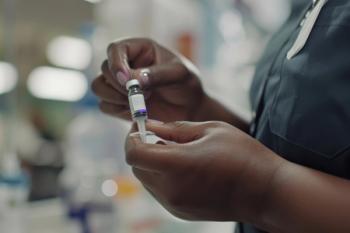
Researchers reviewed Medicaid policies to understand vaccine coverage and reimbursement rates among physicians and pharmacists.

A conversation with Chelsea Keedy, PharmD, BCACP, clinical assistant professor at the University of Georgia, on RSV vaccine recommendations.

A conversation with Chelsea Keedy, PharmD, BCACP, clinical assistant professor at the University of Georgia.

Researchers presented the community-wide benefits of a collaborative pharmacy-driven vaccine clinic in an urban setting.
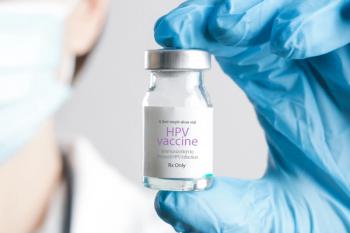
Researchers analyzed the expansion of HPV vaccination for mid-adults defined as people 26 years or older with increased HPV risk.



